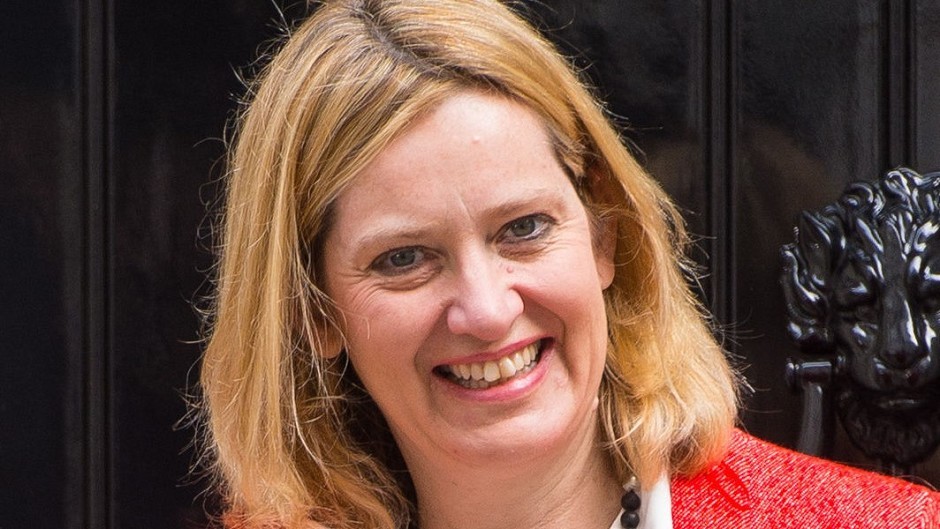Energy Secretary Amber Rudd has announced a series of reforms aimed at improving the UK’s long-term energy security.
The Tory frontbencher set out plans yesterday to buy more electricity capacity sooner, and unveiled tougher sanctions for companies that pull out of government contracts to provide power.
Labour immediately branded the measures a “panicked response” that would increase bills and deliver some of the biggest companies a “windfall”.
The changes focus on the capacity market, one of the main policies of the UK Government’s electricity market reform programme.
Its goal is to ensure security of electricity supply by providing a payment for reliable sources of capacity.
Generators bid for contracts to guarantee there are enough power plants on stand-by to meet the UK’s electricity needs through the winter.
A new auction will now be organised to bring forward the first capacity market delivery year from 2018/19 to 2017/18.
The reforms also involve plans to buy more capacity and earlier to encourage investment in new gas-fired power stations to secure power supplies.
And firms that renege on contracts – by closing power plants for which they have won payments to keep them online – will
face harsher penalties.
Ms Rudd said she would take “no risks” with energy security.
She added: “The capacity market has driven down costs and secured energy at the lowest possible price for bill payers.
“I’m taking further action to tackle the legacy of under-investment and ensure our country’s long-term energy security.
“By buying more capacity earlier we will protect consumers and businesses from avoidable spikes in energy costs.”
But shadow energy secretary Lisa Nandy accused the Government of “panicking”.
She said: “This is a panicked response that will raise energy bills and deliver a windfall to some of the biggest energy companies.
“Tory ministers now need to come clean over how much energy bills will rise next year to pay for the consequence of their failure to get new power stations built.”
Last November, Ms Rudd announced all polluting coal-fired power stations would be closed by 2025 in a shift towards gas.
